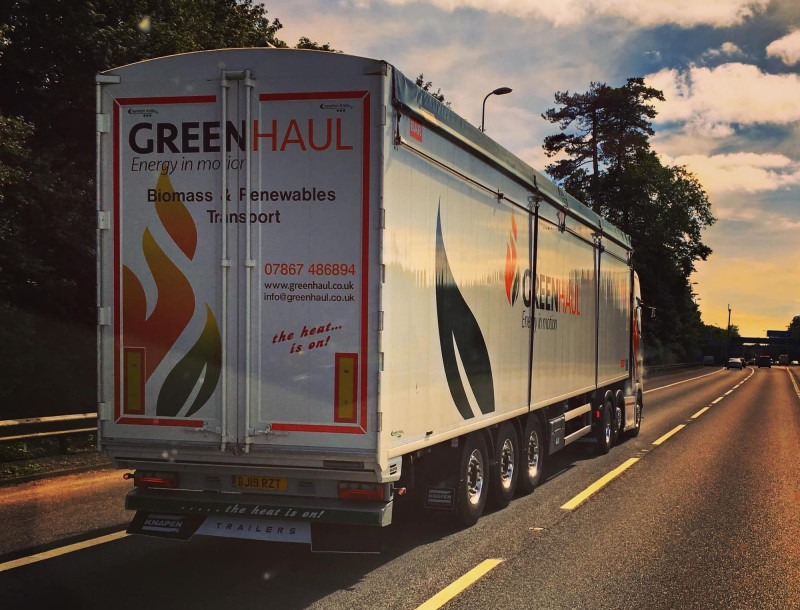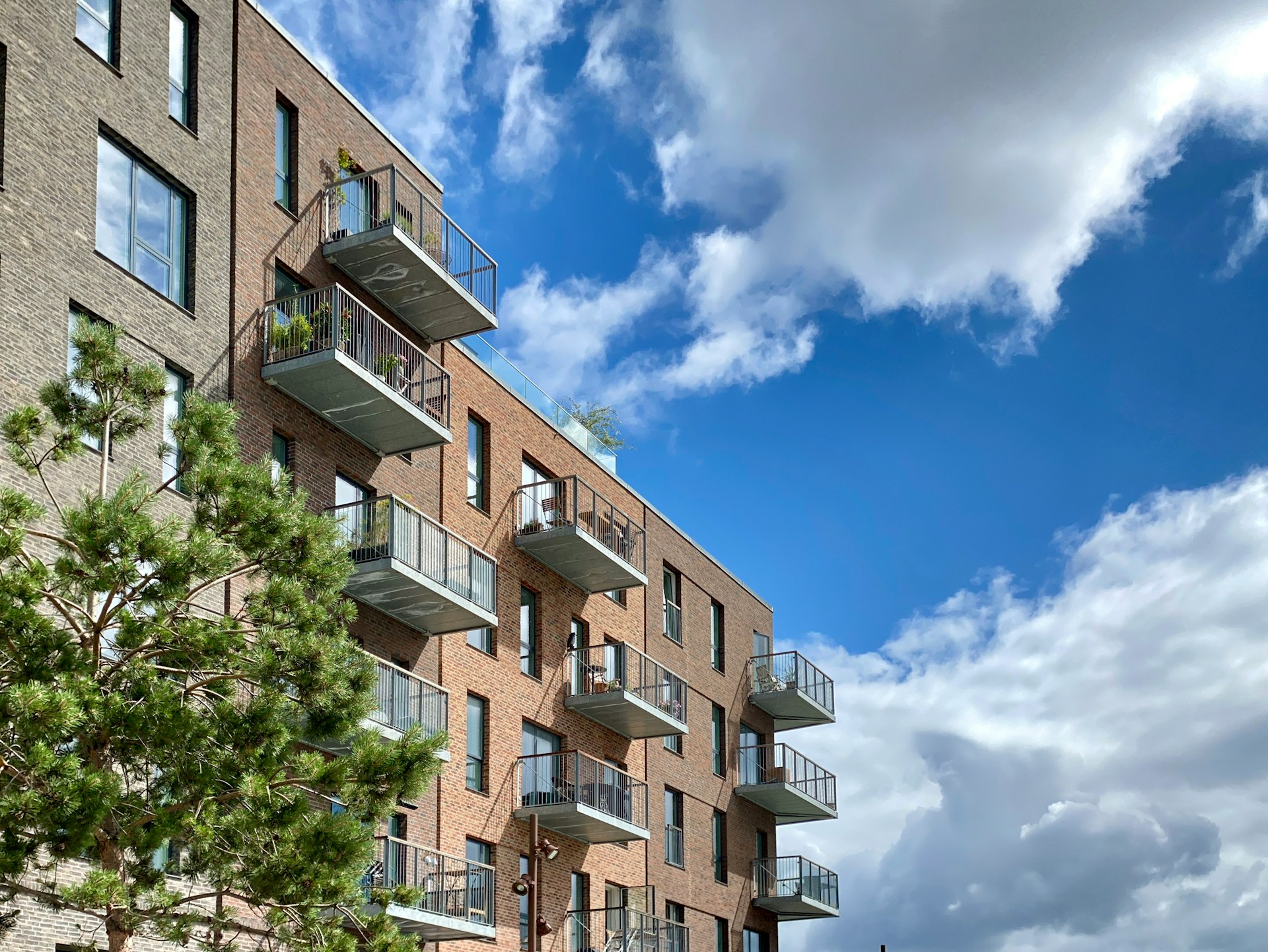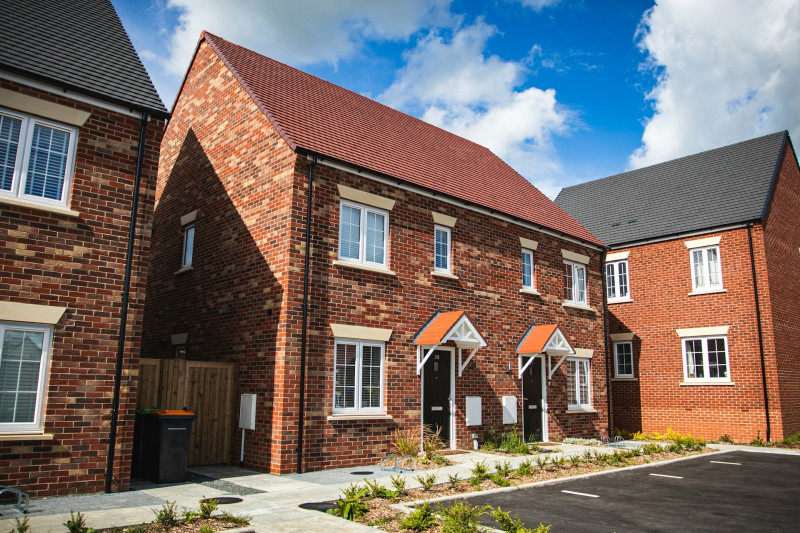Leasehold vs Freehold Properties
When it comes to purchasing a property, one of the crucial decisions you can face is whether to opt for a freehold or leasehold property. Jake Mowatt, Associate in our Residential Property Team discusses the key differences and considerations for choosing between the two types of ownership.


When it comes to purchasing a property, one of the crucial decisions you'll face is whether to opt for a freehold or leasehold property. Both types of property have their own set of advantages and disadvantages, as well as practical considerations that potential buyers should consider. In this article, we will explore the key differences between freehold and leasehold properties and provide insights into the benefits and drawbacks of each to help you decide the best option for you.
What is the difference between ownership of Freehold vs Leasehold Properties?
When purchasing a freehold property, you gain ownership not only of the property itself but also of the land it stands on. This provides a sense of security as you own the property indefinitely until you decide to sell it.
In the case of leasehold properties, you own the property (most commonly a flat in a larger freehold building), but not the land it is situated on. Ownership is granted for a specified period, commonly around 125 years, as defined by the lease agreement. Extending the lease may be necessary to maintain the marketability of the property and as such, it is important to check how many years are left to run on the lease before committing to such a purchase.
The advantages and disadvantages of freehold properties:
Advantages:
- As the owner of a freehold property, you will have more autonomy to make changes to the property without having to obtain permission from a landlord or their managing agent. This is of course subject to planning permission and building regulations approval, which may still be required depending on the proposed works.
- You will also typically find a freehold property is easier to sell. In most cases, there will be no requirement to obtain a management pack or liaise with the freeholder of the building to obtain information for your buyers’ solicitor.
Disadvantages:
- All maintenance responsibilities fall on the property owner, including repairs and general upkeep. You must therefore be confident that the Property you are purchasing is in good condition and that you have sufficient funds to cover any remedial works that may be required. Having a survey undertaken on the Property prior to exchange will help you to ascertain these facts and enable you to make the best decision prior to exchange of contracts.
- Due to the popularity of freehold properties, they are often more expensive upfront than leasehold properties, which can restrict getting your foot on the property ladder if your aim is to buy a house as opposed to a flat.
The advantages and disadvantages of leasehold properties:
Advantages:
- Leasehold owners have fewer obligations in respect of the maintenance of the Property, as the lease will often impose obligations on the landlord/freeholder to this effect. For example, the Landlord is often responsible for arranging buildings insurance for the Property, although you will be required to contribute towards the cost of the same by way of a service charge. The Landlord will also typically be responsible for the maintenance of any communal areas, such as the corridors and stairways in a flat block.
- Leasehold properties are often cheaper upfront than freehold properties, making them more accessible to first-time buyers.
Disadvantages:
- Leasehold properties often come with more restrictions on usage, such as limitations on whether you can let the property out to third parties, and if alterations at the property are permitted. It is therefore important to understand any restrictions that are imposed by the lease before deciding to purchase a leasehold property.
- There are often additional costs, such as ground rent, service charges, and occasionally insurance rent that are imposed by the lease onto the owner of a leasehold property. It is essential to be aware that the ground rent stipulated within the lease can increase throughout the term, and this can affect the marketability of the property to potential buyers. The service charge will also need to be factored in, as this typically covers payments for maintenance of the communal areas and contributions to the building’s insurance. Both ground rent and service charges will be payable on top of your regular bills. It is important to factor in these additional costs when deciding to purchase a leasehold property.
Practical Considerations when Purchasing Freehold vs Leasehold:
Freehold Considerations:
- Boundary Maintenance - When viewing a property, it’s advisable to inspect the boundaries and consider the current state and condition of these prior to proceeding. It’s advisable to ensure you have a good understanding of your responsibilities as the owner before committing to the purchase.
- Parking - Another key consideration is assessing the availability and nature of parking, whether private, communal, or on the street. You will also need to consider if a parking permit is required, and if so, how many are available per property.
Leasehold Considerations:
- Pets - If you have pets, or are considering owning them after purchasing your leasehold property, you will need to check whether the lease permits pets and whether consent from the landlord is required. In most cases where pets are permitted, the freeholder usually has a right to withdraw such consent where disturbances are caused.
- Letting the Property - Some leases require landlord consent for subletting so it is always worth checking that the lease aligns with your intended use of the property prior to proceeding.
- Additional Costs - It is sensible to budget accordingly when owning a leasehold property and to anticipate additional costs. These can come in the form of ground rent, service charges, insurance rent, along with further costs for major works that are required to maintain the freehold.
Freehold or Leasehold?
The decision to invest in a freehold or leasehold property should be an informed decision, which takes into consideration your individual preferences, financial situation, and long-term objectives. While freehold properties offer complete ownership and control, leasehold properties provide a more affordable entry point with certain conveniences. It is essential for potential buyers to weigh the pros and cons of each type of ownership. Seeking professional legal advice to make an informed decision, can help to ensure you make sure your investment meets your goals as a property owner.
To get in touch with the Leathes Prior Residential Property Team for a quote, email us via info@leathesprior.co.uk or call the Team on 01603 610911.


The case of the fake cases: another judgment on AI-hallucinations in litigation
The use of AI Large Language Models in litigation continues to generate headlines (and consternation from the judiciary). In 2025, it seemed that rarely a month went by without a new case on fake AI-generated case law. December was no exception, and the High Court has now issued a further warning regarding the use of AI by litigants.

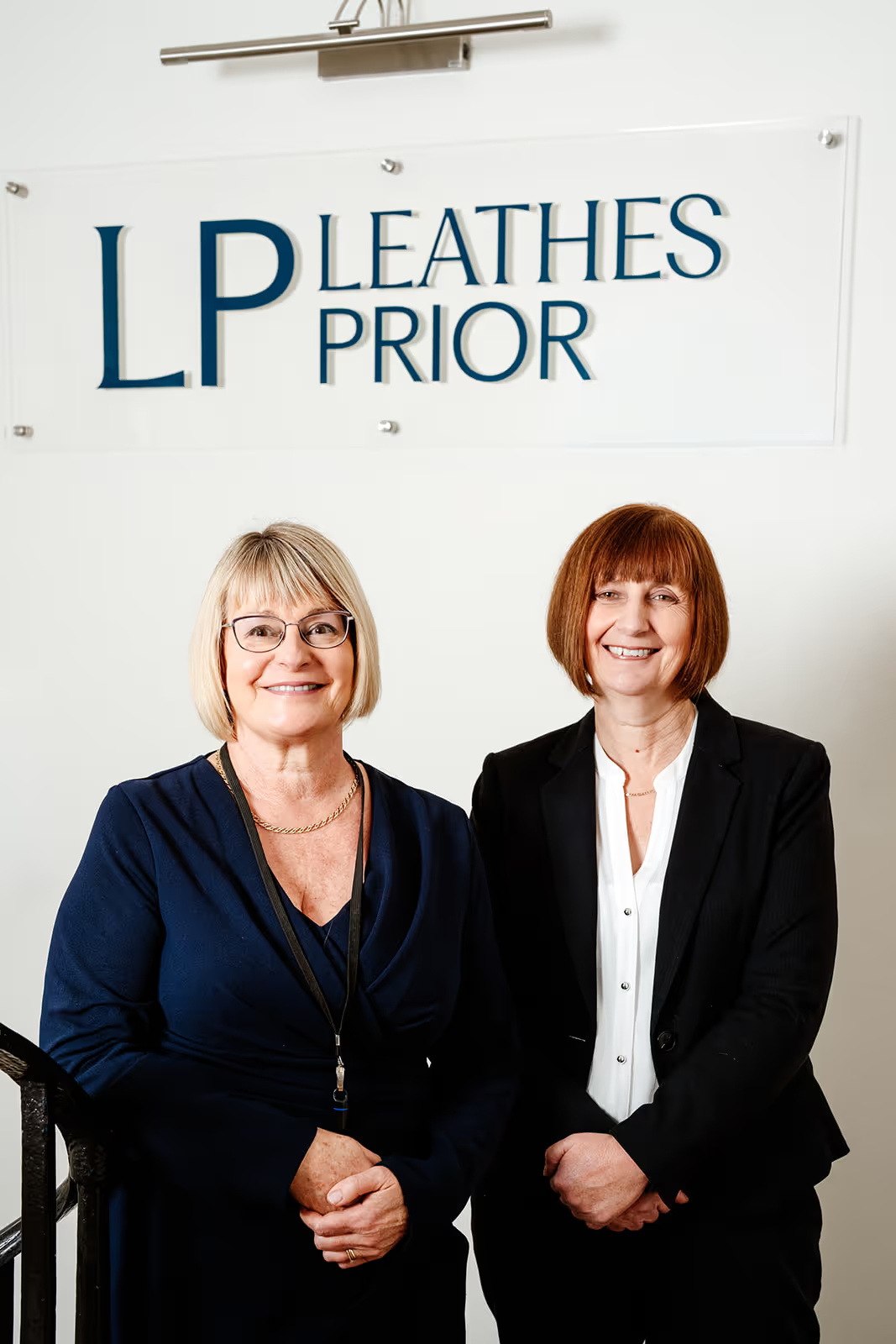




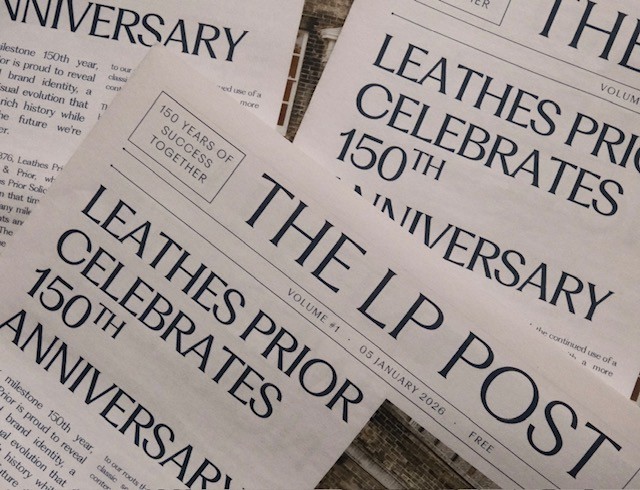



.jpg)












